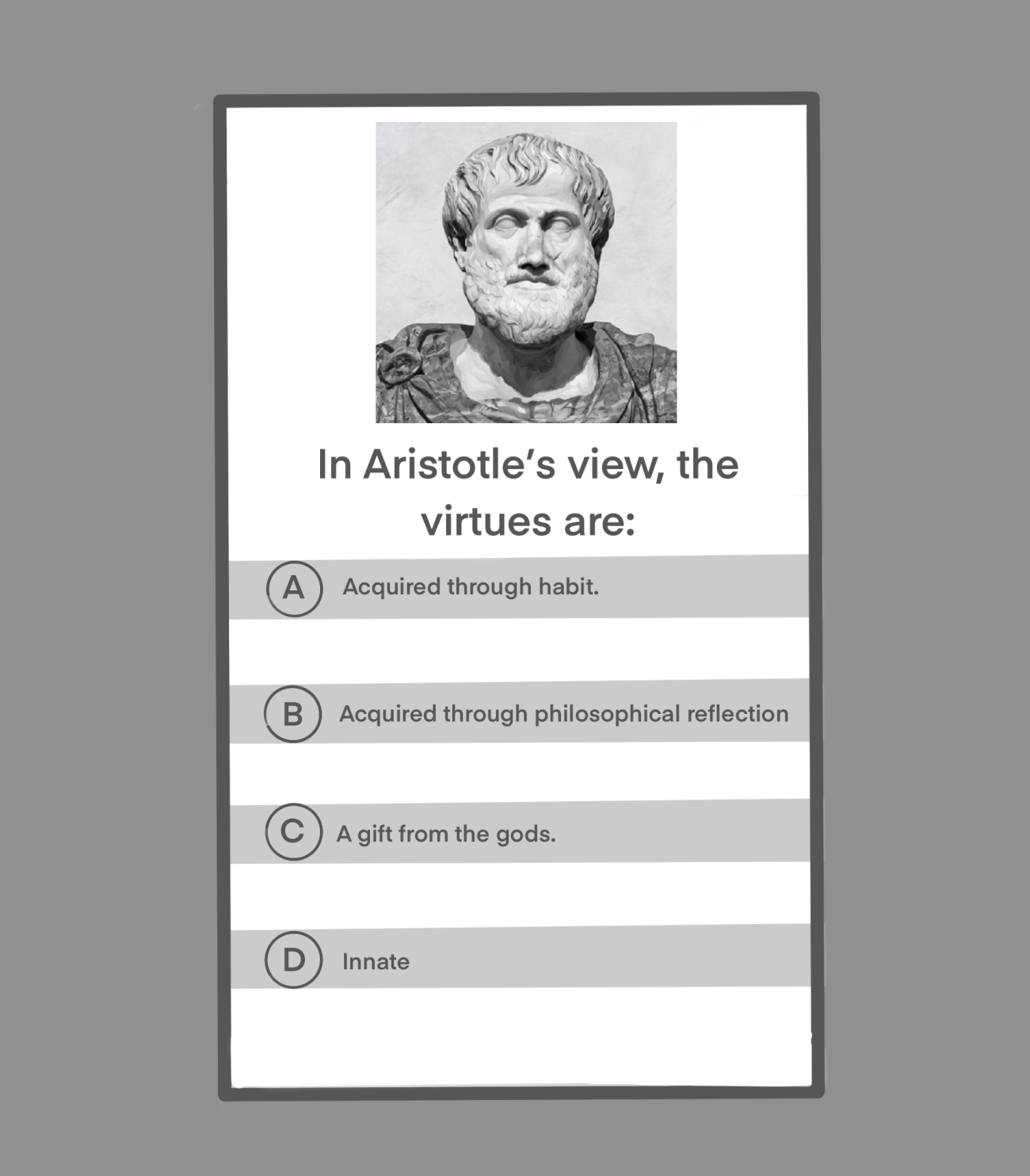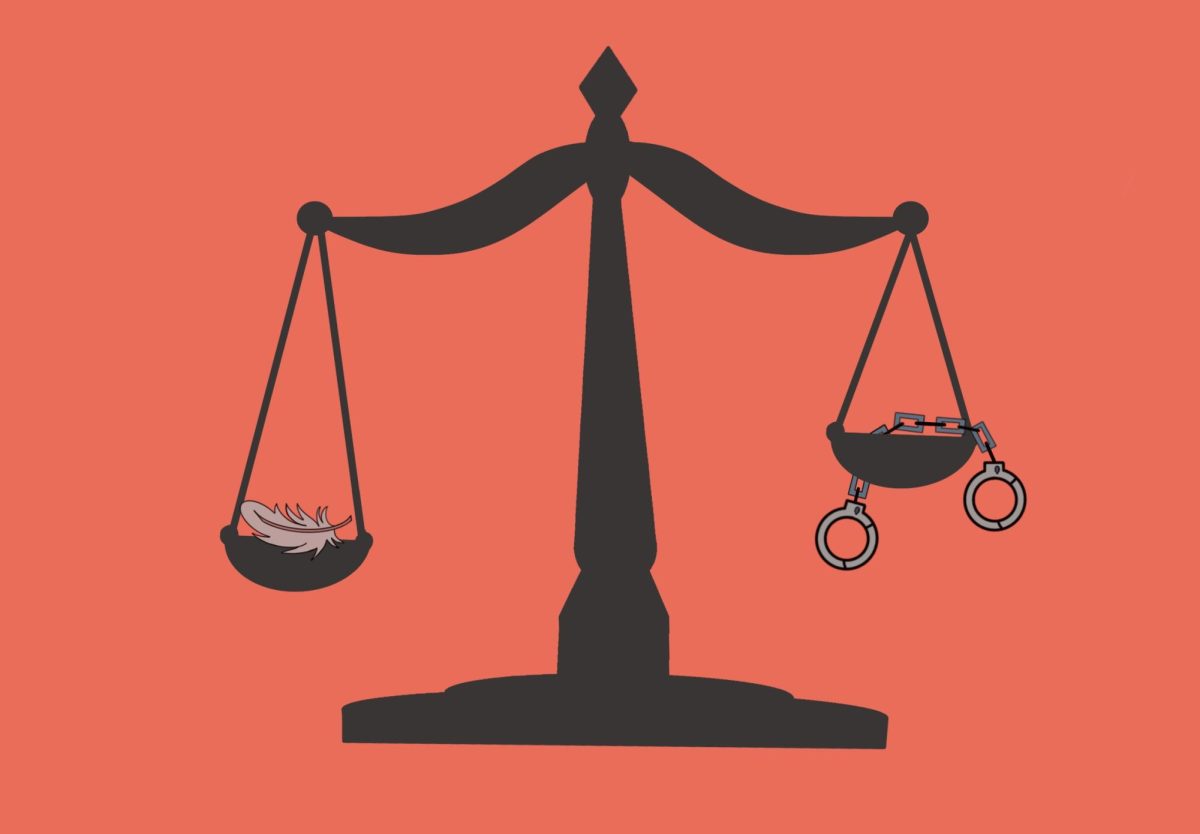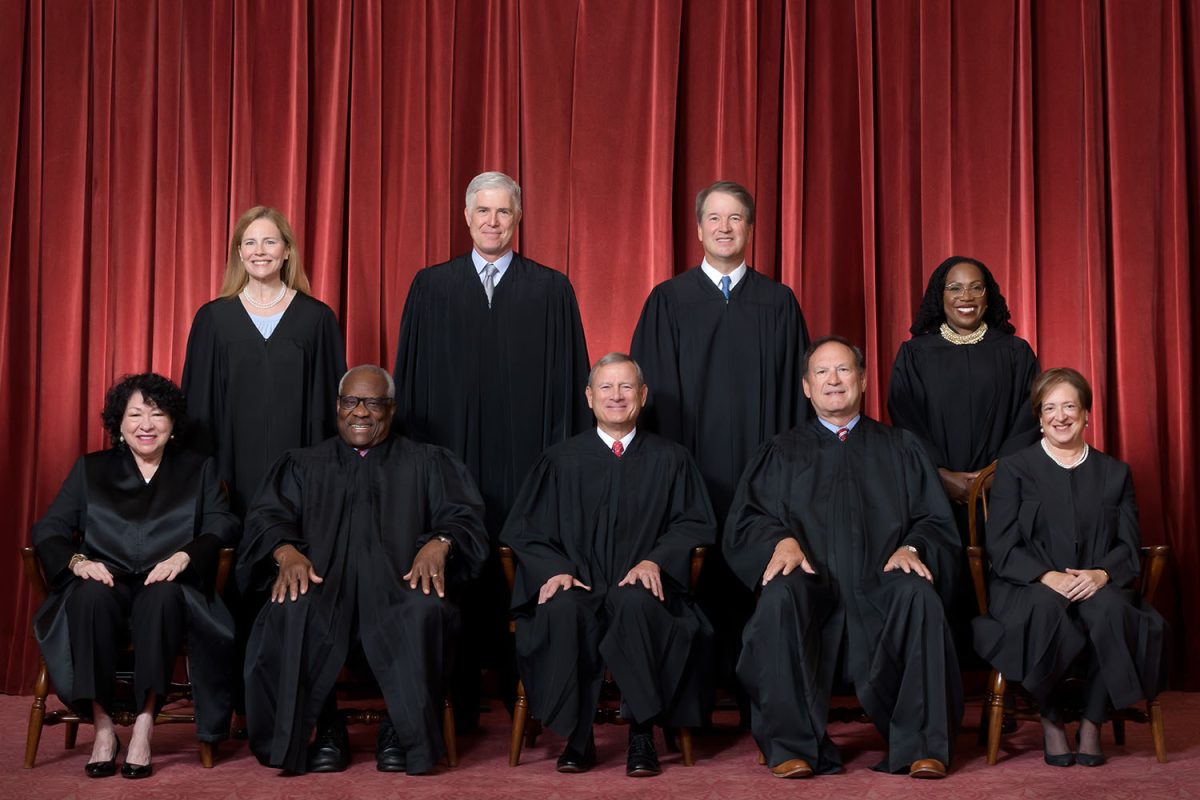Everyone has heard of the ACT and SAT, but a lesser-known standardized test is now taking the stage. The Classic Learning Test (CLT), created by the company Classic Learning Initiatives, is deemed a more “classic” approach to standardized testing and is backed by Christian and conservative values. This test has the potential to shift the focus of standardized testing away from college readiness across the country, defeating the entire purpose of college entrance testing.
The governing board of Florida’s state university system recently approved the test to be used for entrance to public Florida universities. Previously, around 200 small, faith-based private colleges used the test, but now, the 12 public universities in Florida are set to accept the exam. The approval for wide-spread use in Florida means that Georgia, its border state with similar governing values, could very well be next.
The CLT, created in 2015, is named “classic learning” because it utilizes early pieces of literature from famous writers, such as Shakespeare and Aristotle. It is meant to combat the focus on current events and trends that is seen in the SAT and ACT. Instead, it focuses on decades-old lessons that have “withstood the test of time, proving their value, influence and appeal to generation after generation,” according to the test.
This focus detracts from the original purpose of standardized testing: to test a student’s readiness for college. This would skew college entrance exams to something religious and faith-based, making it not an accurate test for colleges to use.
The test aims to create students who are “intellectually curious, think deeply, reason well, and live with integrity.” It contains three sections: Verbal Reasoning, Grammar/Writing and Quantitative Reasoning, with an optional essay.
In a 2023 study released by Classic Learning Initiatives, it was found that the test prepared students for college to the same extent as the College Board, but the College Board said it could not verify these results. While the test may sound like a good alternative in theory, it has not been studied enough to determine if it is actually a comparable assessment to the SAT and ACT. The company claimed the CLT is “intellectually richer” than other college entrance exams, but according to the College Board, there is no evidence that it can accurately test for college readiness.
One reason this test is not a comparable alternative to the SAT and ACT is because when a practice test was examined by the College Board, it found that over a quarter of math questions were not at a high school level of rigor. If the CLT isn’t testing math at a high enough difficulty, how can we trust it to accurately predict college readiness?
Additionally, researchers have concerns over the intrinsic bias to Christian and Conservative testers in the CLT. The New York Times says that while students with distinct cultural and religious values have equal opportunities to perform the same on the SAT, Christians and White Americans perform, on average significantly better on the CLT. This bias and difference in performance proves that this test cannot be relied upon to accurately test for college readiness across all demographics of students.
Further, there is no empirical evidence that shows the CLT can accurately test college readiness as it claims it does. This may be attributed to the more recent creation of the test, as the SAT and ACT have been around much longer. Although the test is younger and has had less time to be studied, it should not have been approved for wide-spread use until its accuracy can truly be confirmed.
The approval for use in the state college system of Florida was made without enough data-backing the decision, and could mean Georgia is next. As of right now, the test cannot be considered an accurate test of college readiness and should not be held to the same value as the SAT and ACT. Other states need to be cautious about approving tests like this due to their ability to shift the focus of standardized testing away from college readiness, and towards religion and faith.
















